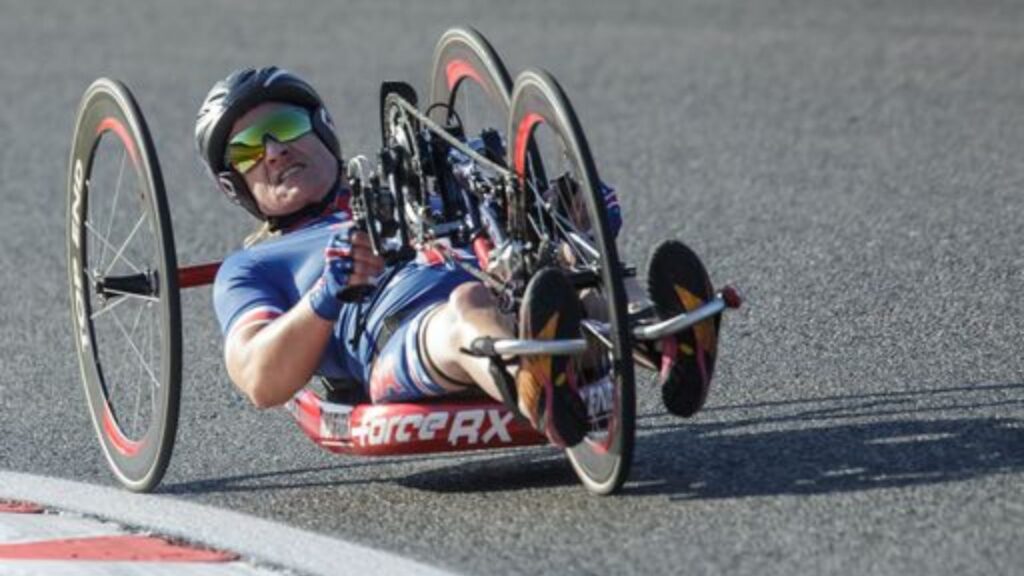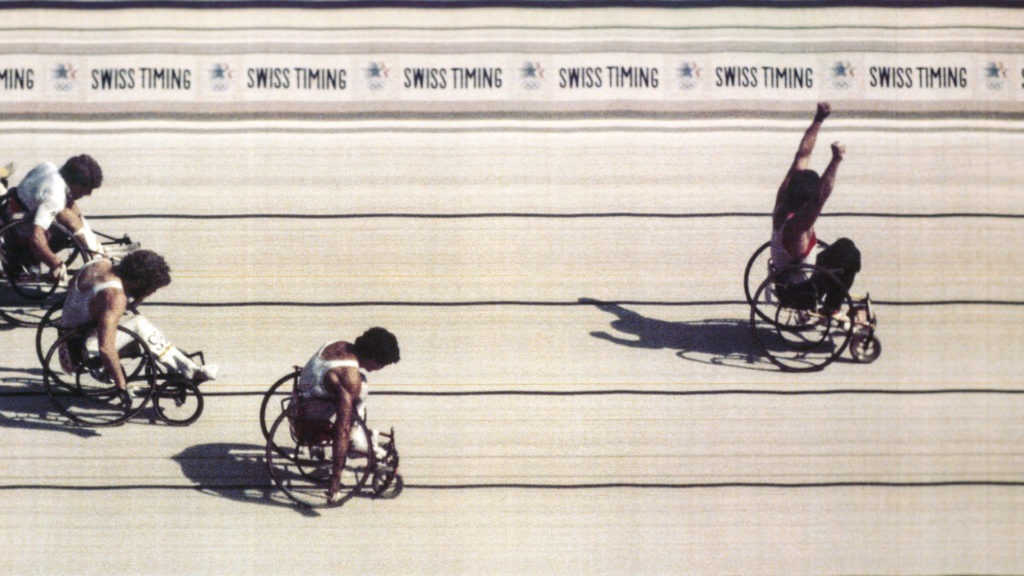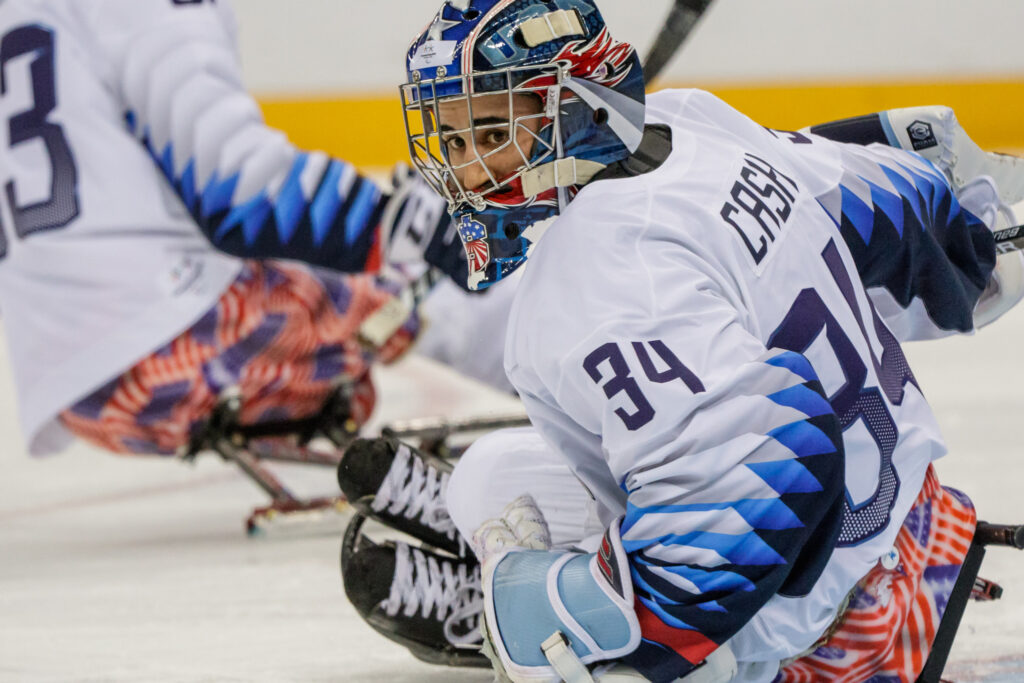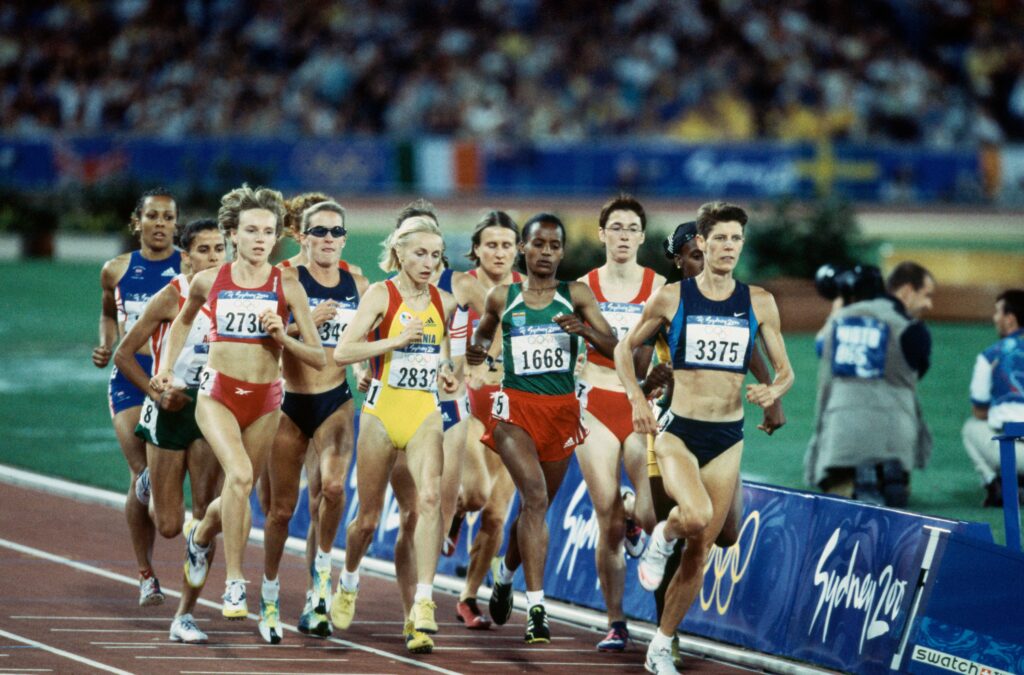Growing up in Brooklyn with 10 siblings, Floyd Patterson wasn’t much interested in school work and continually got into trouble. Eventually he was sent to the Wiltwyck School for Boys, a reform school for Hispanic and Black American boys in Upstate New York.
The move to Wiltwyck might have been the most important moment of Patterson’s life. It was there that he was introduced to the sport of boxing.
After returning to live with his family in Brooklyn, Patterson joined his older brothers in the boxing gymnasium and it did not take long for him to begin a promising amateur career.
The ring was an escape for Patterson, who acknowledged that outside the ring he was much more sensitive to what others thought and said.
“You can hit me and I won’t think much of it,” he said, “but you can say something and hurt me very much.”
As a 16-year-old, Patterson won the New York Golden Gloves middleweight title. One year later, at 17, Patterson qualified for the Helsinki 1952 Olympic Games, where he won the middleweight gold medal, impressively knocking out each of his five opponents.
Fours years later, at 21, Patterson became the youngest heavyweight world champion ever, knocking out Archie Moore in the fifth round.
Patterson enjoyed a successful professional career, finishing 55-81-1 with 40 knockouts before retiring.
“They said I was the fighter who got knocked down the most, but I also got up the most,” Patterson said later.
Patterson later served two stints on the New York State Athletic Commission, the latter as commission chairman. He suffered from Alzheimer’s Disease and prostate cancer and passed away in 2006. He was 71.












